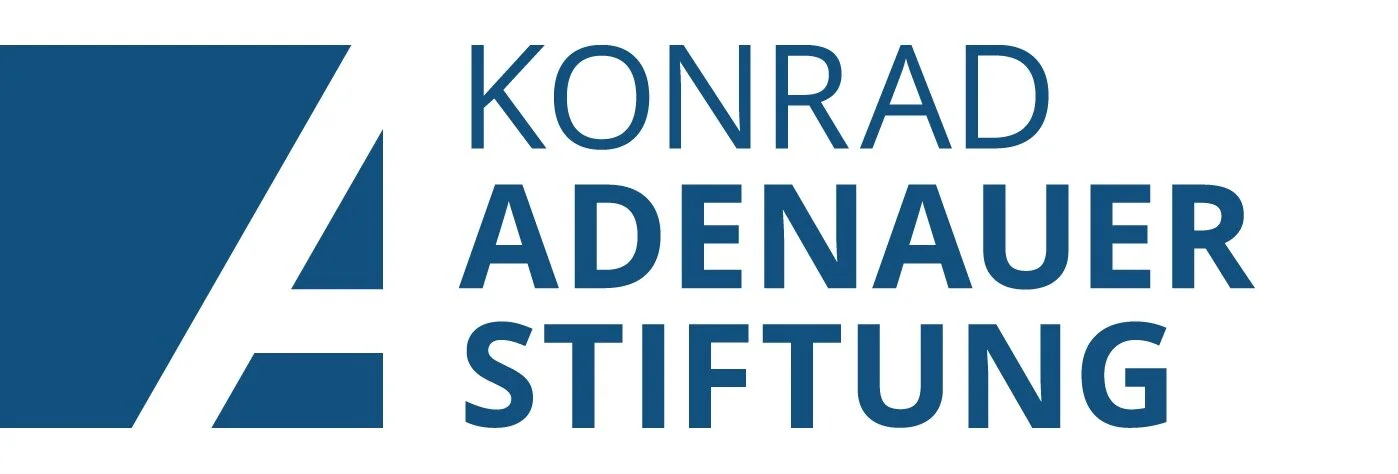
What is a community dialogue?
An online conversation on a divisive topic which does not descend into a row or involve scathing remarks. See how people holding opposing views can talk to one another
“I didn’t believe such conversations were still possible in Poland.”
“I was afraid to meet the other side. But it was magical.”
“I could express my views freely. Nobody judged me.”
What topics are discussed?
We choose issues that are currently divisive in Poland: raising children, women's rights, patriotism, the pandemic, the LGBTQ movement, church and history. The purpose of dialogues is not to settle a particular dispute – topics are used to practice a conversation about divergent views and beliefs






Who is taking part?
Ordinary people, just like you. Dialogues engage citizens from different parts of Poland, people of all ages and walks of life and, most importantly, with divergent views. Active politicians, journalists and experts are not taking part. 300 people have participated in dialogues so far.
What does the dialogue look like?
Dialogues are held online, with participants joining remotely from their homes.
There are usually 12 dialogue participants, who haven’t met previously.
2 moderators guide the conversation.
We make brief introductions, and try to get to know each other.
We discuss the main topic, and everyone shares their point of view.
As differences become visible, we talk about the values underlying our views.
We take down what we agree on, what we might agree on, and what sets us apart.
What is the outcome?
The dialogues produce several tangible results:
– reduced affective polarization within the group of participants
– an experience of community with people holding opposing views
– increased skills for conducting conversations in highly polarized settings
– a spillover effect into communities around people who participate in dialogues
– a mapping of positions and social dynamics around the issue covered in the dialogue.
-
Our dialogues are moderated by experienced facilitators or mediators, according to a protocol developed by our team. It includes elements of Non-Violent Communication, the Nansen method and in-house techniques.
-
There are typically 10-12 people and 2 moderators. Such a group ensures we have a diversity of views and allows everyone to express themselves.
-
Each dialogue is promoted on social media. Participants register through an online form. We compose groups in such a way as to ensure a diversity of views.
-
For online dialogues, the topics are pre-selected by the NCF, so the participants know beforehand what they are signing up for. We try to choose topics that represent the current debate. For on-site dialogues topics are usually chosen by the participants.
-
Typically, a single online dialogue lasts about three hours. We require participants to be present for the entirety of the meeting, from start to finish. It takes time to get to know each other and engage into an open conversation.
-
Apart from a readiness to talk, participants need a stable internet connection, a webcam and a microphone. There are no other preconditions.
-
Participation requires listening and speaking during the dialogue process. You cannot participate as an observer.
-
Our dialogues are funded by grants obtained by the NCF. Previous and current funders included: the Bosch Foundation, Meta, the Konrad Adenauer Foundation, the National Endowment for Democracy and the European Climate Foundation. Participation is free, at some dialogues participants are compensated for their time.
Frequently asked questions:
























